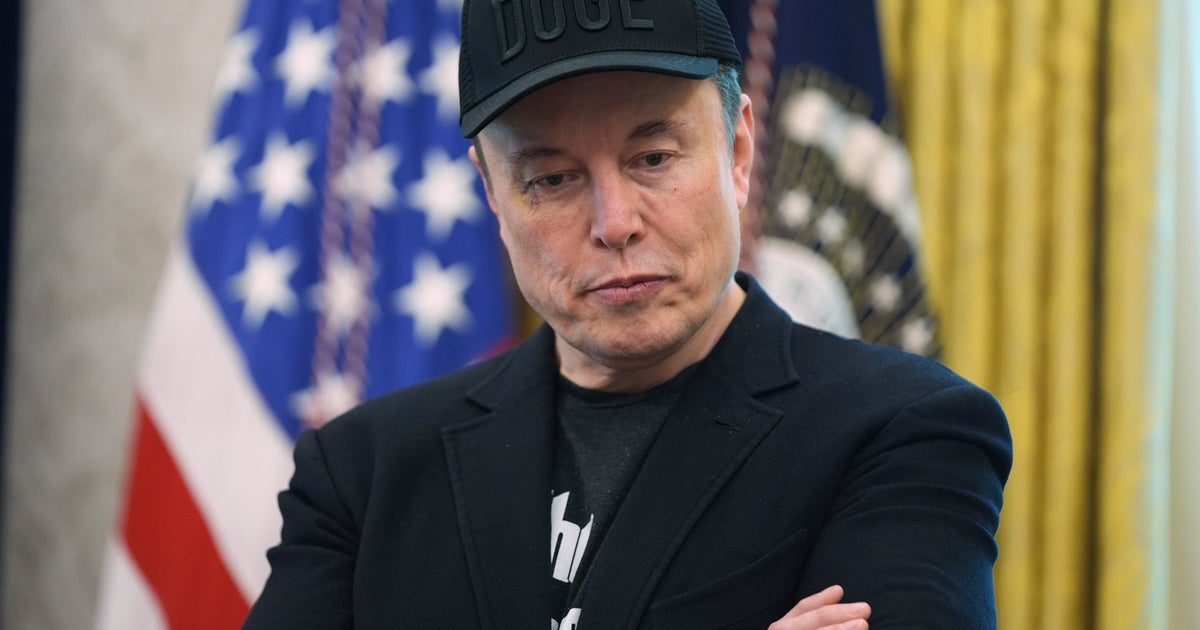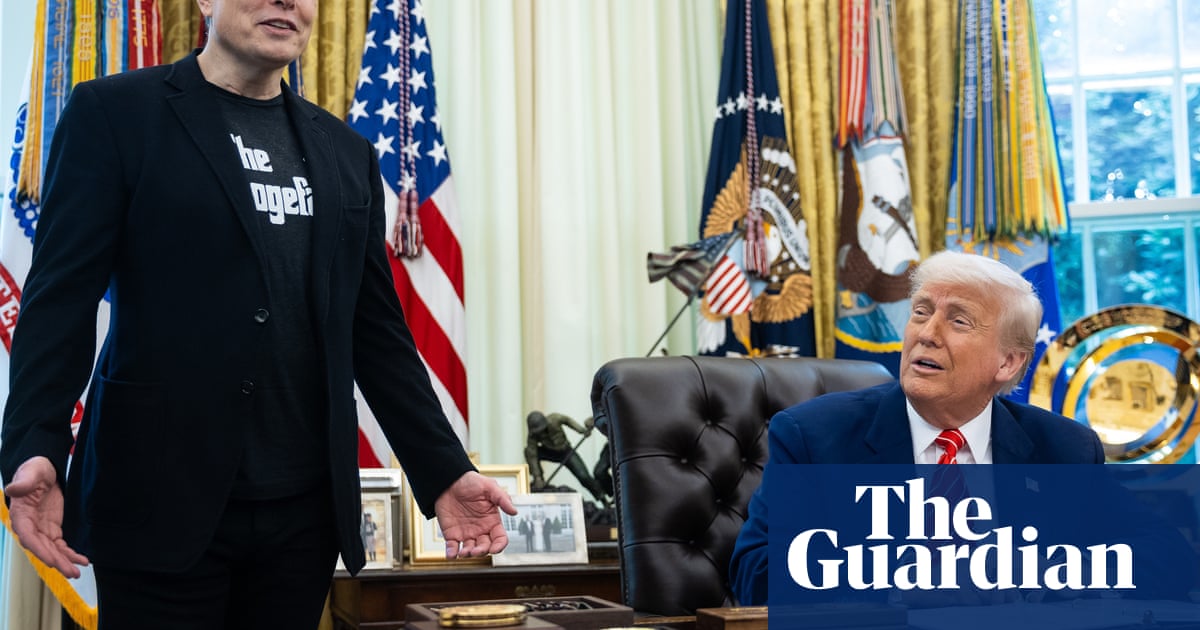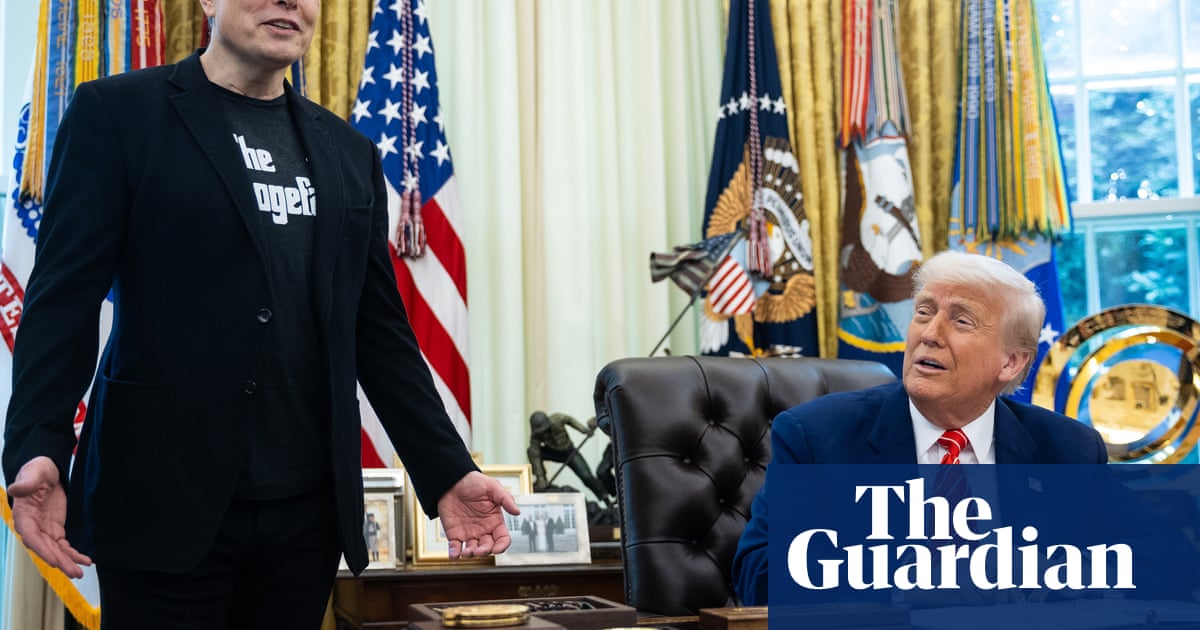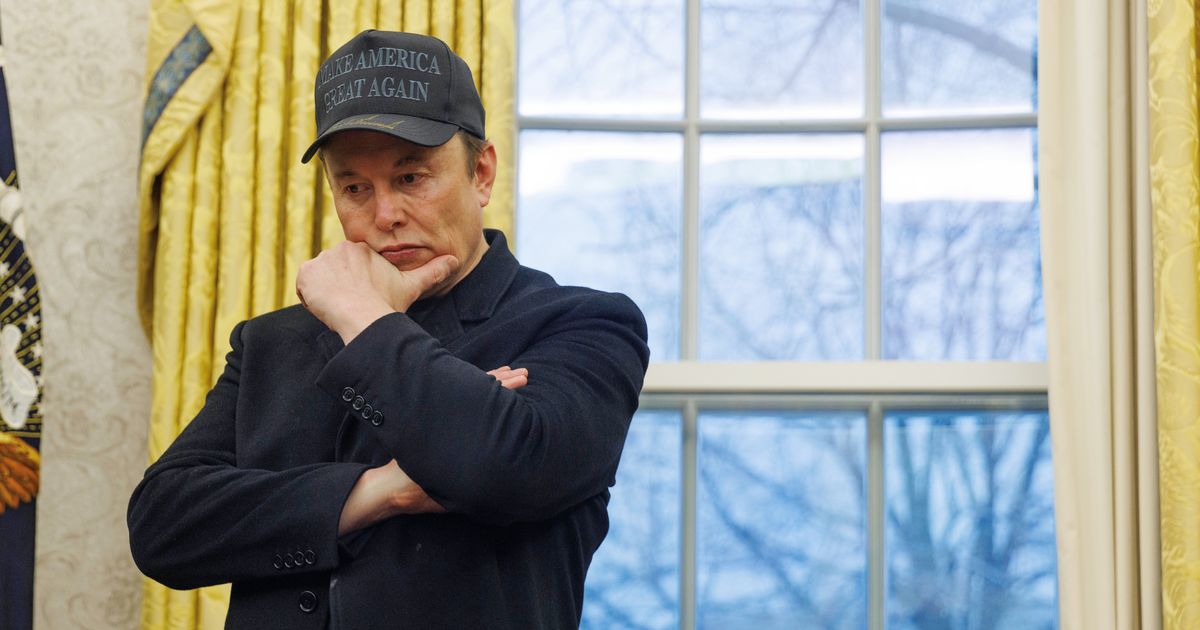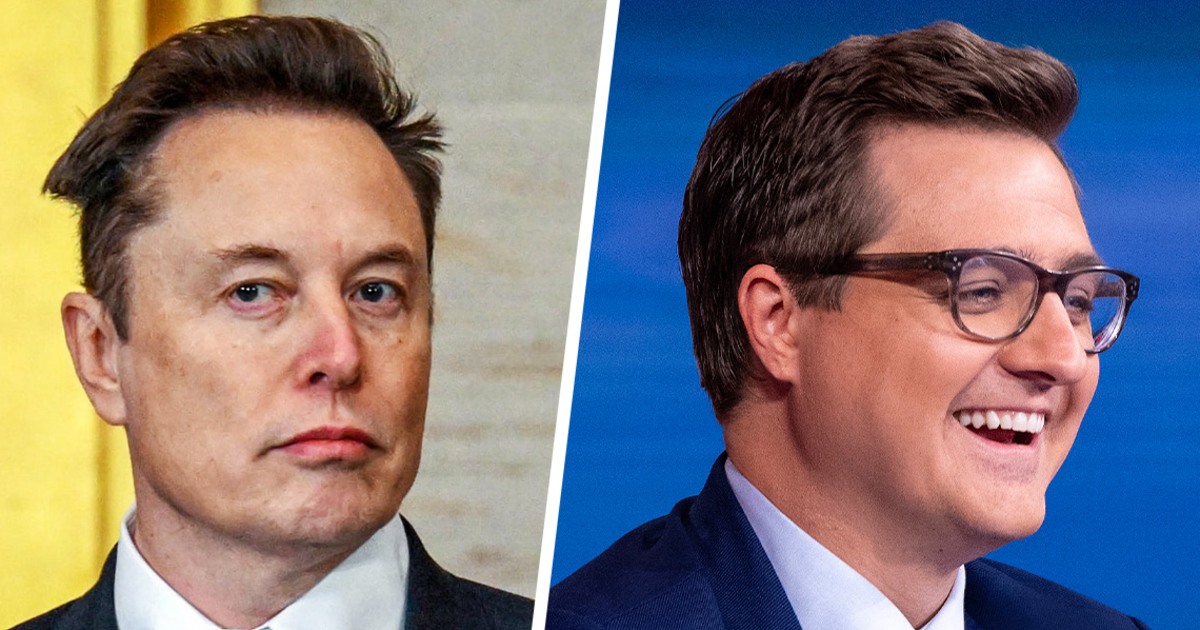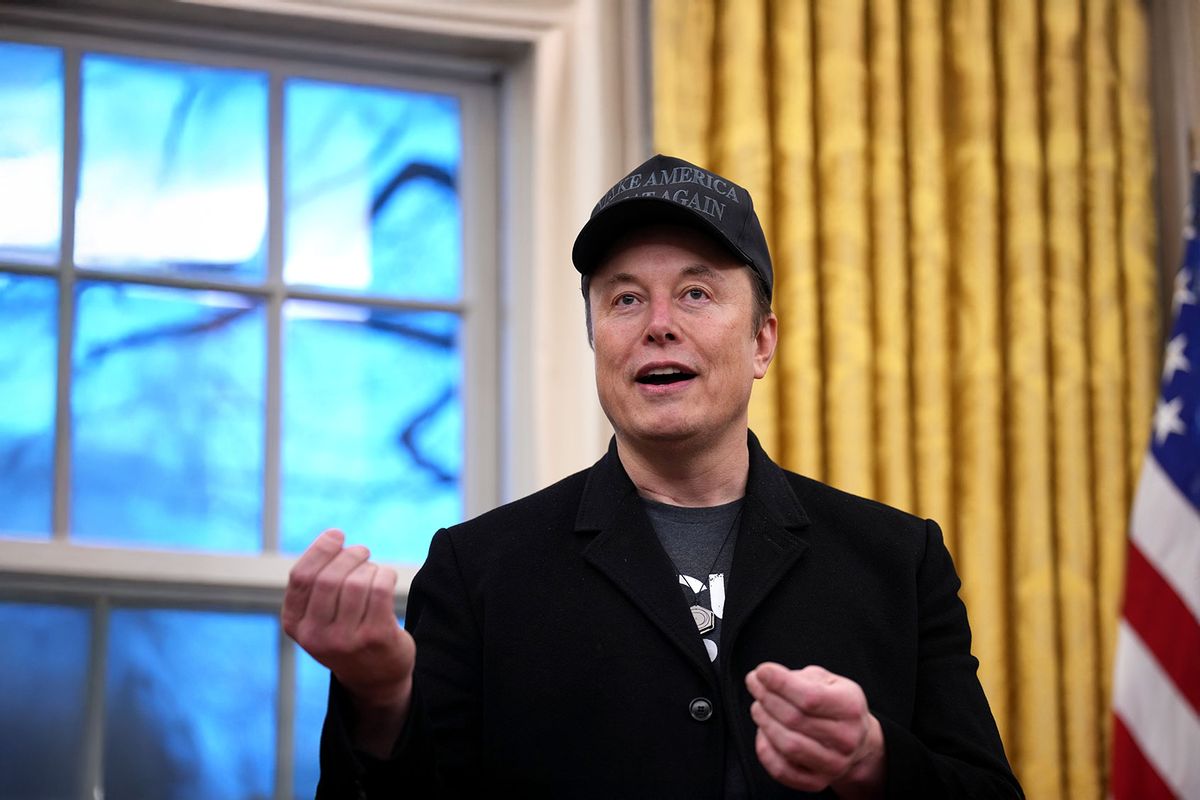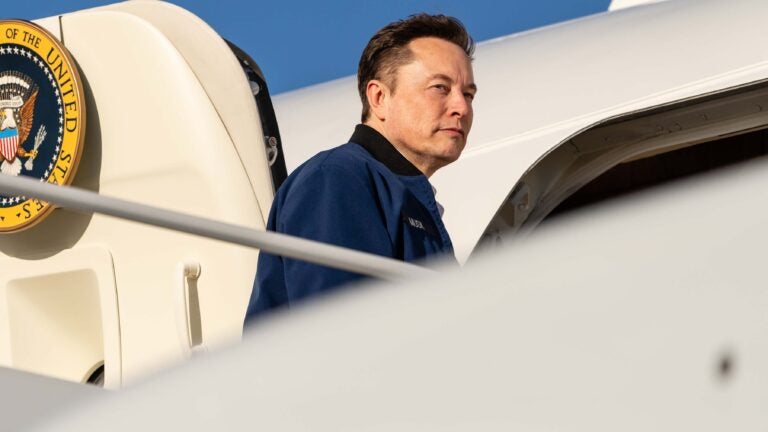Elon Musk's Departure from DOGE: Impact and Controversies Unfold
Elon Musk exits the Department of Government Efficiency amid drug use allegations and unclear budget impacts, while maintaining ties to Trump.
Subscribe to unlock this story
We really don't like cutting you off, but you've reached your monthly limit. At just $5/month, subscriptions are how we keep this project going. Start your free 7-day trial today!
Get StartedHave an account? Sign in
Overview
Elon Musk's tenure at the Department of Government Efficiency (DOGE) has officially ended, with unclear impacts on federal spending despite claims of significant savings. While Musk aimed to cut $2 trillion from the budget, current estimates suggest only $170 billion in savings, with some agency budgets actually increasing. His departure follows a New York Times report detailing his frequent ketamine use during the 2024 campaign, which he dismissed. Despite stepping back, Musk will continue to advise Trump, who praised his contributions. The future of DOGE remains uncertain as Musk's influence persists in government contracts.
Report issue

Read both sides in 5 minutes each day
Analysis
- The article presents a neutral tone regarding Elon Musk's drug use allegations and his role in the Trump administration.
- It highlights Musk's controversial statements and the mixed reactions they provoke, showcasing a complex public perception.
- The coverage reflects a balanced view, avoiding strong positive or negative bias in discussing Musk's actions.
Articles (22)
Center (5)
FAQ
Allegations involved Elon Musk's frequent ketamine use during the 2024 campaign, as detailed in a New York Times report. Musk dismissed these allegations.
DOGE reportedly saved only about $170–175 billion, far short of Musk’s stated $2 trillion goal. Unclear budget impacts and some agency budgets increasing may explain the shortfall[4].
Musk will continue to advise Donald Trump, who has praised his contributions. His influence remains present in government contracts despite stepping back from DOGE.
The future of DOGE is uncertain, but his influence persists in contract and procurement practices. Regulatory reforms and a focus on government efficiency are expected to continue, but the specific leadership direction is unclear.
DOGE’s influence remains significant on contracting, with ongoing regulatory changes and a focus on contractor performance. Contractors may face more fixed-price contracts and stricter oversight, but the overall effectiveness of reforms remains in question due to uncertain leadership and limited actual savings.
History
- 5M

 4 articles
4 articles
- 5M

 4 articles
4 articles
- 5M

 5 articles
5 articles
